Many NRIs look for travel companions for their non-English speaking parents visiting them in the US, Canada, Europe, and other countries. They scour their personal WhatsApp groups and online communities for travel companions not because their elderly parents can’t travel alone to the US. Mostly senior citizens from semi-urban and rural pockets of India fear international travel due to language barriers during transit in a third country and CBP inspections at entry airports in the US.
A recent incident of communication gap between a CBP officer and a Telugu-speaking elderly Indian, delaying the latter’s entry for nearly 12 hours at Dallas-Fort Worth Airport, validates NRIs’ concerns about their unaccompanied parents’ long-haul travel. An Indian immigrant from Texas shares how his father was referred to secondary inspection and why he was held up for 12 hours at DFW Airport.
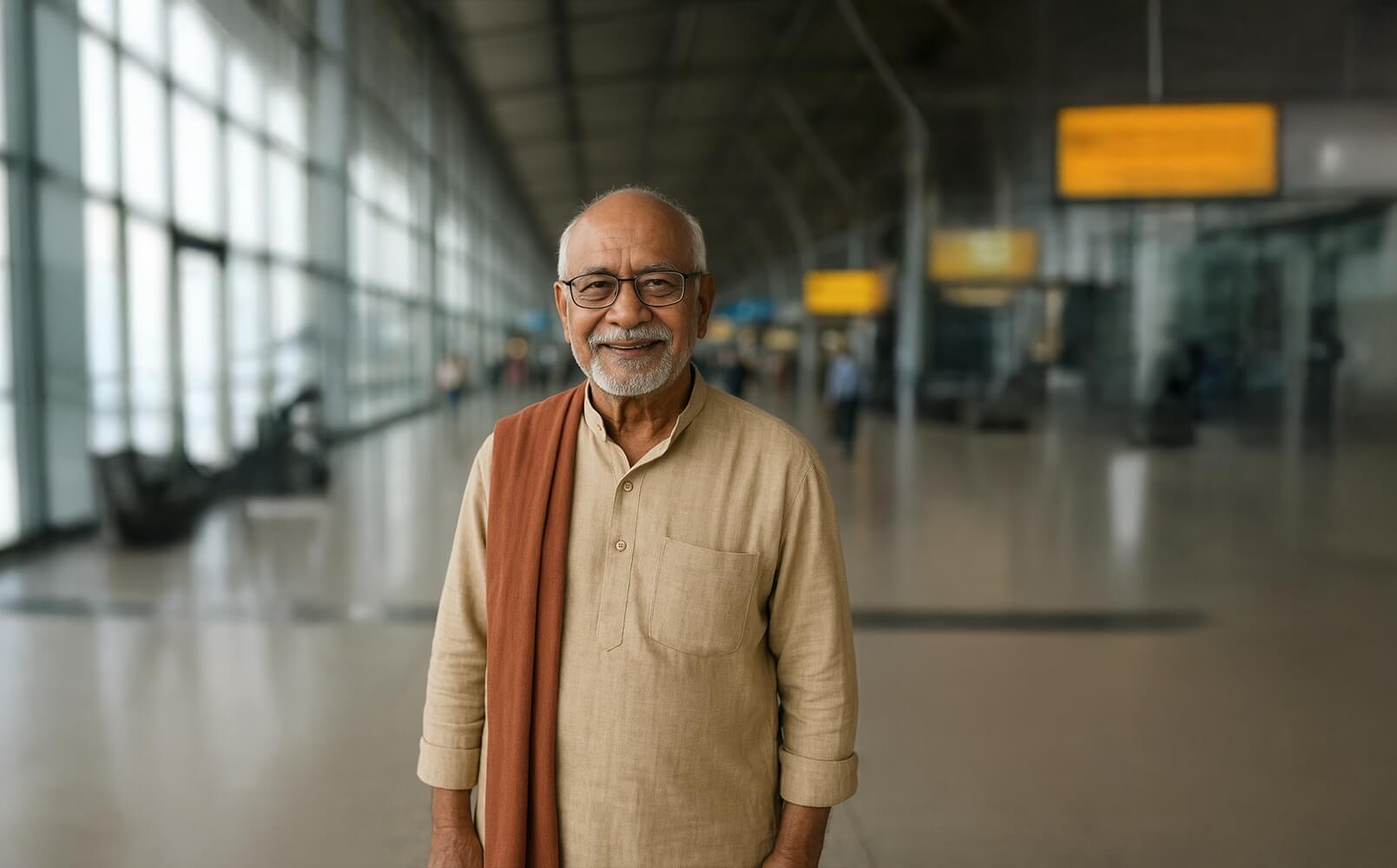
At Dallas DFW Airport, a CBP officer asked his father during entry formalities, “Are you carrying any rice?” His non-English speaking father misunderstood the simple question and felt puzzled. He thought the officer probably wanted to know whether he eats rice. Under this wrong impression, he said, ‘Yes’. The language barrier led to his misunderstanding of a simple question – that in turn became an ordeal for him.
“Not just language barrier but also the lack of knowledge on what food items are not allowed into USA from India deterred the elderly man’s smooth entry into the US. On hearing the word ‘rice’, he should have said, ‘No’, regardless of whether he understood the question or not. Some preparedness on routine CBP questions at US airports, like whether they are carrying medicines in cabin bags, help senior citizens enter the country without secondary inspection,” said Sourav Agarwal, Senior Editor at IndianEagle.com.
Non-English speaking Indians can ask for a translator to help them understand and answer CBP questions for smooth experience at entry airports in USA. Usually, US airports don’t provide translation services, but their multilingual employees may be called on to bridge communication gaps between CBP officers and non-English speaking travelers. Often, English-speaking fellow Indians among co-passengers voluntarily come forward to help as translators. Besides, many airports are allowing their officials to use translation apps to remove language barrier these days.
Indian Eagle, the most trusted air-ticketing partner of Indians and Americans, goes beyond offering phone-only budget flight deals (+1800-615-3969). We share experiences of our customers and other travelers to enlighten you for safe and comfortable journeys through Travel Stories. You can feel free to share with us your US-India travel experience.
Disclaimer: We used AI-generated picture to represent the Indian immigrant’s elderly father from India for the sake of his privacy.

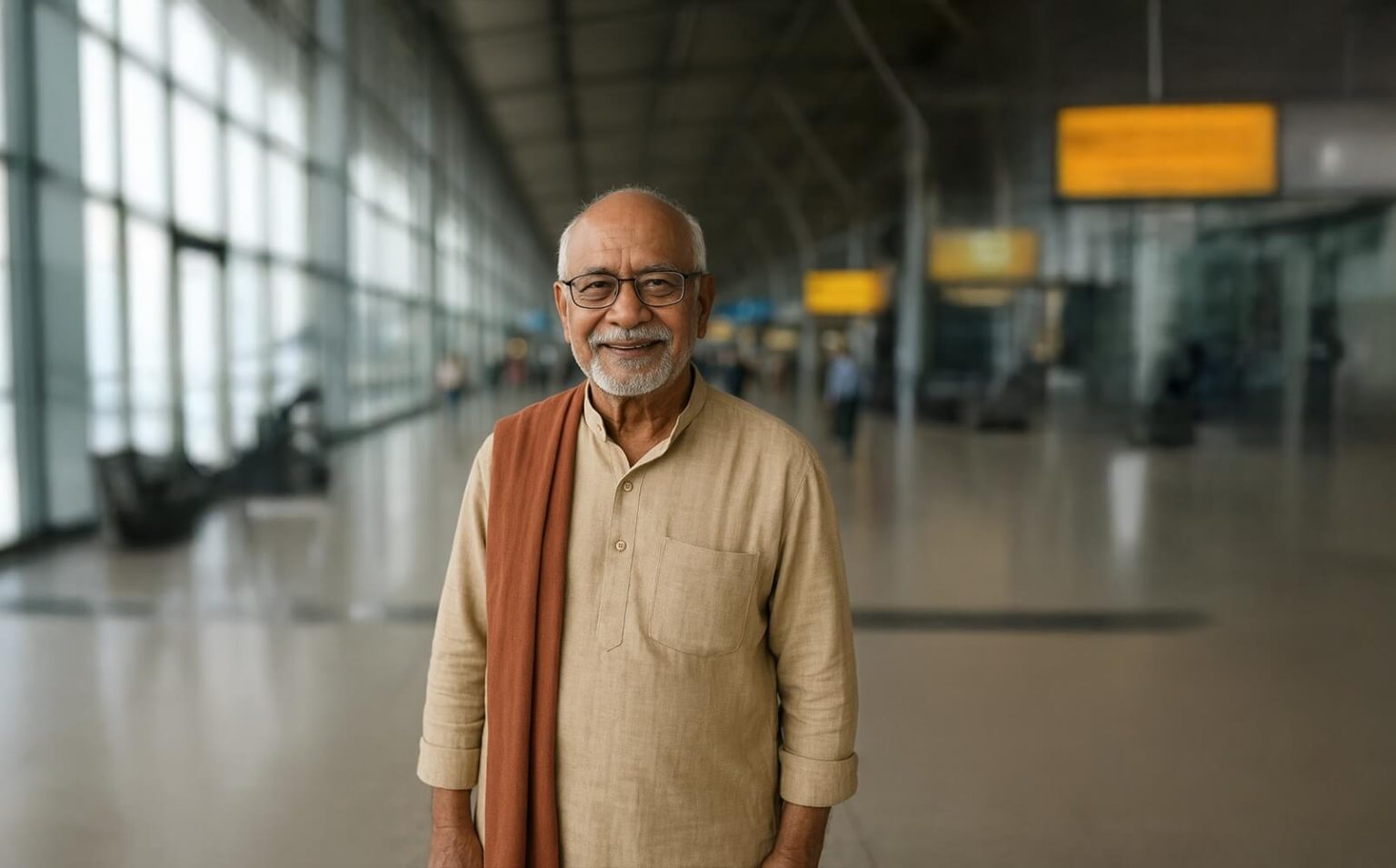

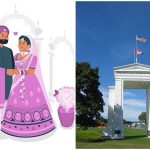

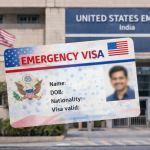
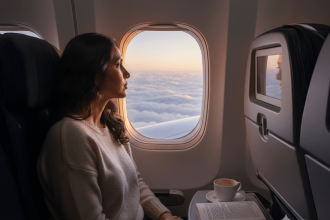
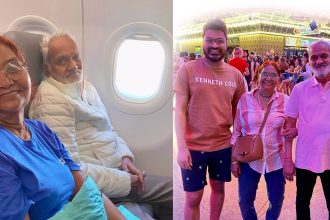
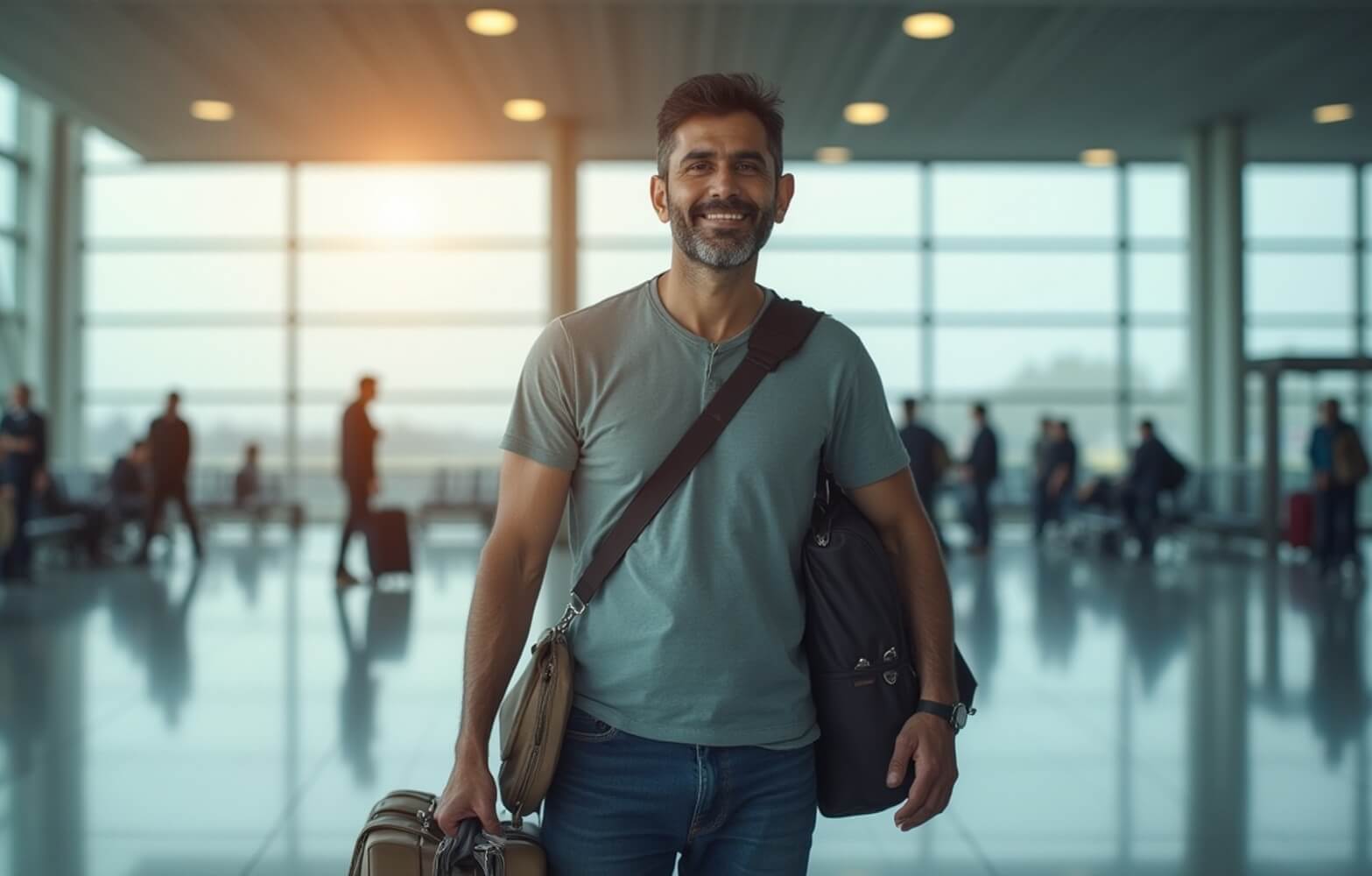

Recently upon my return from India trip, the CPB office Govindarajalu (name seems like Telugu), this person pulled me to scan the bags and asked if I had any food. I was honest to tell had lot of processed food, none of which violates US Customs mandate.
This Govindarajalu was unprofessional and showing off his power asking to name every item in the bag, told him respectfully some of the items do not have English name for example gojju. Next he asked how many INR I was carrying for which I responded under 3000 INR, next how many USD I responded $20 all these were true statements.
He could not find any items which were violating the US custom rules.
These CPB office should treat customers with dignity rather than their forceful rude power show
Some rules –
1. Be aware of every little thing you carry. If you carry packages for others, open the package and know what is in it.
2. Be aware of customs impact for every item. Some items are just not allowed. Some items are allowed within a limit. Know the limits.
3. Never make a false statement.
4. If you don’t understand the officer, ask to repeat or if you don’t understand English, don’t be ashamed to say that.